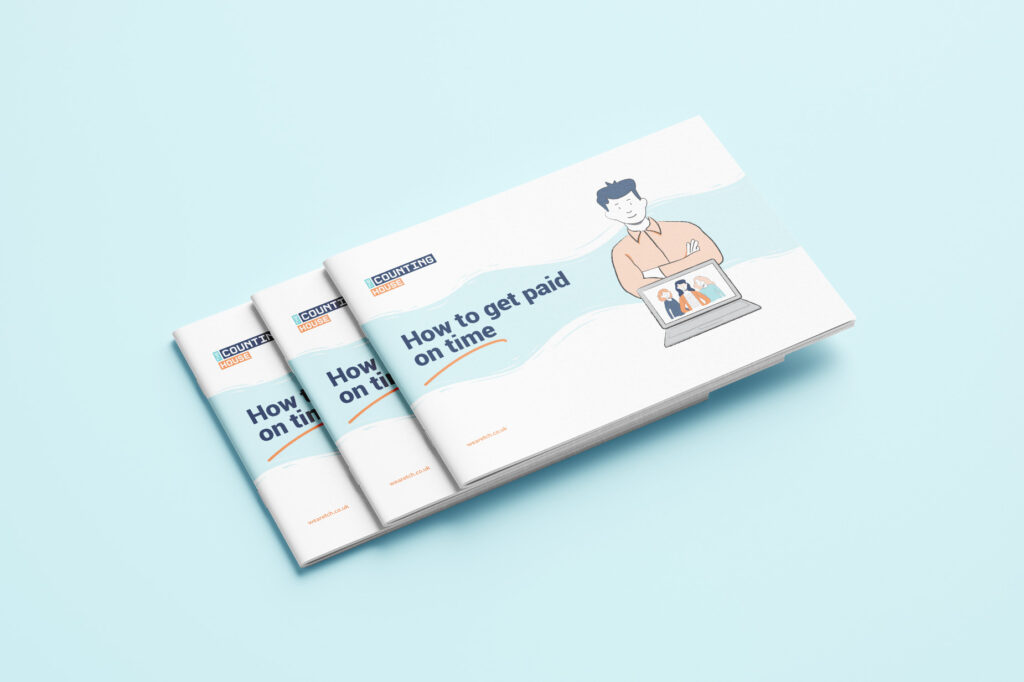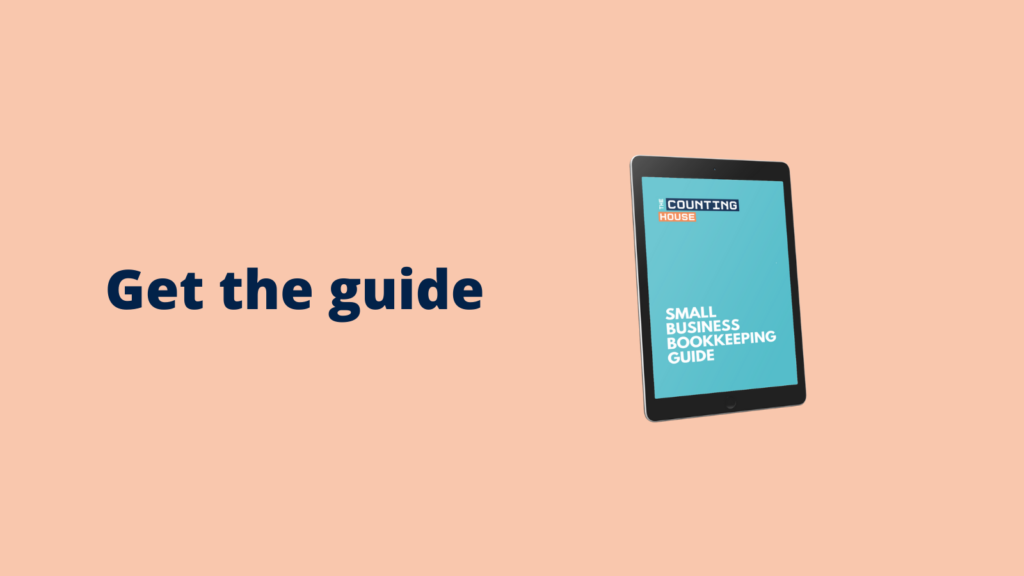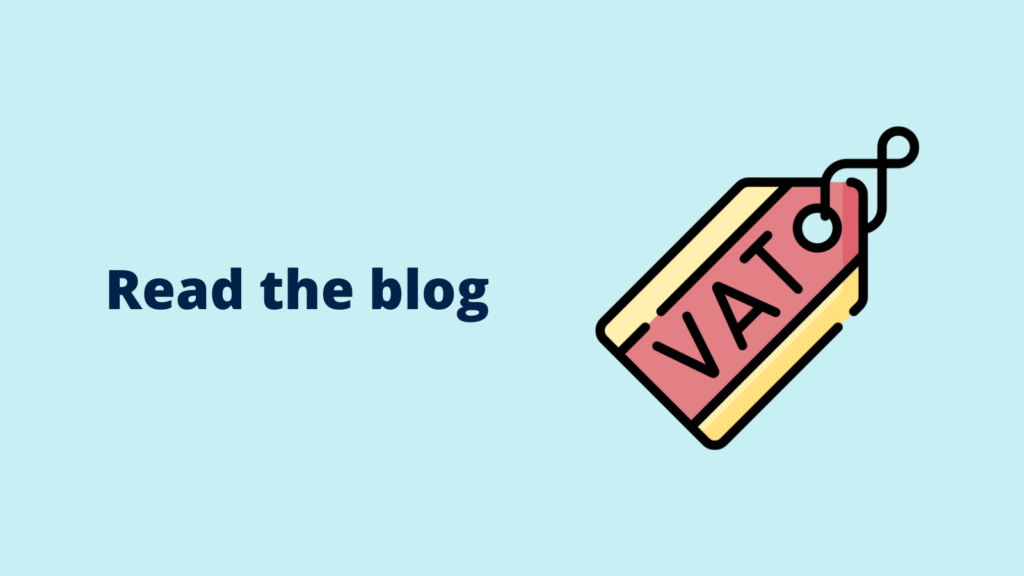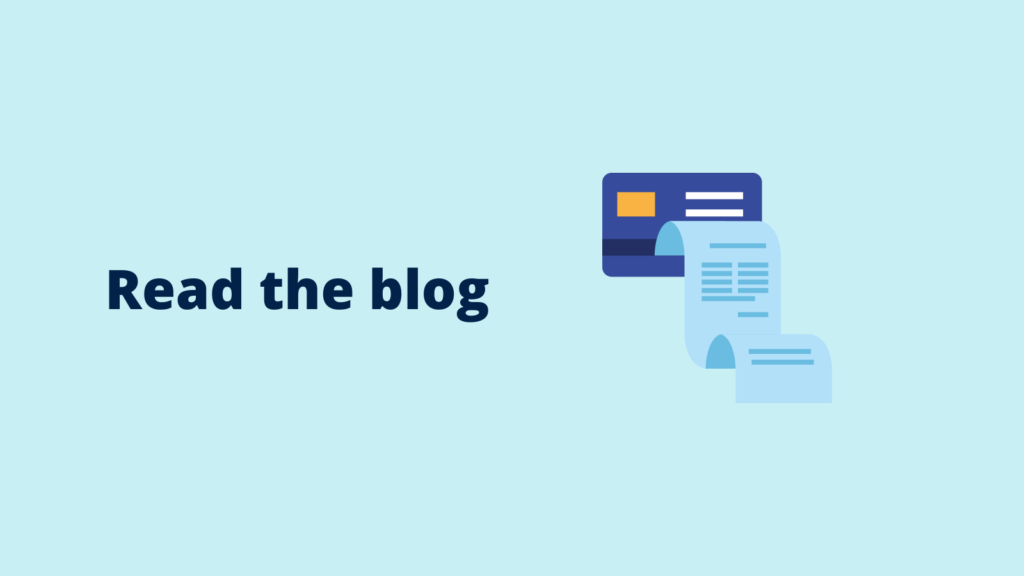You’re suppliers will want paying on time but if you don’t make sure that your customers pay, then things quickly go wrong and before you know it your business has failed. Here are 7 tips to help you get paid quicker and improve your company’s cash flow.
Discuss payment terms before you start work
Always agree payment terms with your customers prior to starting work. This can be quite hard, but it’s important to set expectations. After all, it’s you that is offering credit to them. They wouldn’t expect to go to the bank for a loan and then tell the bank how long it’s going to be before they repay it. A direct debit is the ideal case scenario – but depending on the service you provide this isn’t always plausible.
Ensure you have the correct customer information
To save yourself a whole heap of time, make sure you have the correct business information for invoicing purposes right from the outset. What is the correct legal business name? What is the correct email address to send invoices to? Does your customer use purchase orders? You can spend ages chasing payment for an invoice and suddenly you’re told that it doesn’t have the correct company name, or it went to the wrong person. Always ask for an accounts contact – name, email address and phone number, so you have a point of contact.
Invoice as soon as possible
Issue your invoices immediately after delivery of goods or services. Often business owners think it’s more important to carry on doing the work and that invoicing can be done at a later date, but this just delays the time it takes you to get paid, causing cash flow problems when you’re suppliers or staff need paying. This is one of the big advantages of outsourced bookkeeping – we do it all for you.
Make your invoice, clear, concise and relevant
It’s important to make sure you have the correct details on your invoice and include the relevant information required by your customer, such as any purchase order number, full details of the product or service and a delivery date where applicable.
Always make sure you have your payment terms on your invoices, so a customer knows the date they need to pay by. This may seem obvious, but often invoices have no terms on them at all, so you’re giving customers carte blanche as to when to pay you.
Offer multiple payment methods – your customers need to be able to pay you so make it clear exactly which methods you accept. Online payment methods such as Stripe or Paypal mean a customer can pay you directly from their invoice. If you accept BACS, ensure you have your bank account details clearly visible. It’s also useful to say if you don’t accept cheques. It’s surprising in this day and age that companies still use this payment method but you don’t need to accept cheques. They are often seen as a delaying tactic and means that as well as waiting for them to arrive in the post, you also have to visit the bank to pay them in.
Make sure you chase payment
Remind your customer before the invoice is due and ask them to let you know if the invoice is processed ready for payment or to advise you if there are any issues which may affect payment.
Once invoices become overdue, you need to have a robust credit control system to ensure late payers are consistently chased and dealt with. This can be done manually, but is time consuming. If you use either Xero, Quickbooks or Sage, you can use Chaser, which is a cloud based system that can automatically carry out around 80% of your credit control automatically. It hasn’t quite mastered calling customers and speaking to them, but what it can do is cut your debtor days dramatically and increase your cash flow substantially.
Say thank you!
Once you’ve received payment for an invoice, remember to thank your customer. It’s a nice touch and builds those all important customer relationships.
If you enjoyed this article, please feel free to share it on your favorite social media sites.





